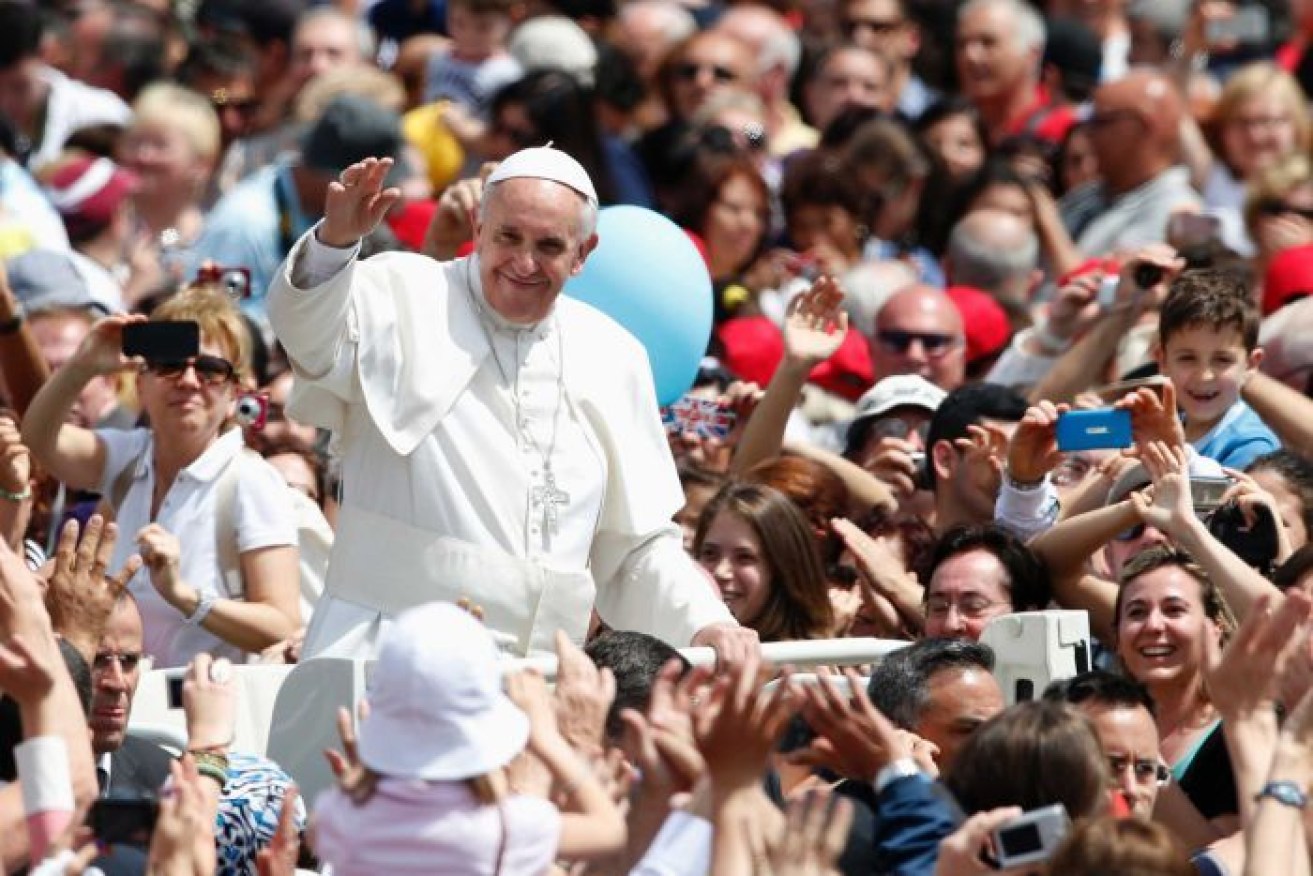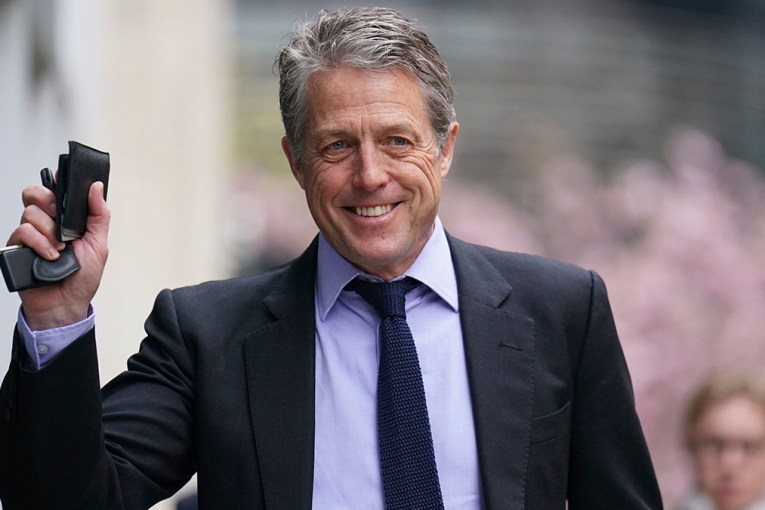The people who could win the Nobel Peace Prize

Pope Francis is one of the likely choices for the 2016 Nobel Peace Prize. Photo: ABC
It has been a big year for those who decide the 2016 Nobel Peace Prize, with a record-breaking 376 candidates to choose from since nominations closed in February.
While there is no official shortlist, Nobel watchers always compile their own rundowns of who could be in contention.
Here are some of the people and organisations tipped to be in with a shot.
The Nobel Peace Prize will be awarded on Friday, October 7 from 8pm AEDT.
Pope Francis
A Pope has never won the Nobel Peace Prize before, but in the three-and-a-half years since his elevation, Francis has regularly spoken out on issues including discrimination against homosexual people, poverty, refugees and climate change.
Last year, he issued a call for the world to act quickly to prevent climate change from destroying the planet and said the Earth was starting to resemble “an immense pile of filth”.
In the first papal document dedicated to the environment, Pope Francis demanded swift action to head off what he sees as looming environmental ruin.
The Syrian White Helmets

A member of Syria Civil Defence carries a child amid a ruined building Photo: ABC
Also known as Syria Civil Defence, the group of rescue volunteers have risked their lives to help thousands of people caught up in the devastation and destruction of the civil war.
They have organised themselves to provide frontline rescue services in rebel-held areas of Syria. Their work has saved tens of thousands of lives, but more than 100 of their own volunteers have been killed.
The group says it receives funding from foreign governments and individual donors, listing the United States, United Kingdom, Germany and Japan among governments to have given money.
That has prompted accusations the group is a tool of Western nations, but the White Helmets have insisted they are independent.
German Chancellor Angela Merkel

A migrant takes a selfie with Angela Merkel outside a refugee camp. Photo: ABC
She opened the door to her country to house one million refugees, a feat celebrated around the world.
But local politics has played against this policy, and some have labelled her naive.
Her party suffered a humiliating loss last month in a regional election in Berlin, which saw large gains for a far-right party and even suggestions her time could soon be up.
Ms Merkel was also considered a frontrunner for last year’s peace prize.
Denis Mukwege, Jeanne Nacatche Banyere, Jeannette Kahindo Bindu

Denis Mukwege helps sexual violence survivors in the DRC. Photo: ABC
Dr Denis Mukwege is a gynaecologist who is said to have treated “tens of thousands” of survivors of sexual violence in the Democratic Republic of Congo since founding his Panzi hospital in 1998.
He was also widely considered a top contender to receive the award last year and was even considered a favourite back in 2014.
Ms Banyere and Ms Bindu have also worked with rape survivors since the early 2000s through a church network, ensuring women receive treatment and other assistance.
Russian activist Svetlana Gannushkina

Gannushkina is a Russian mathematician and human rights activist. Photo: Facebook
Svetlana Gannushkina was first thought to have been a serious contender for the 2010 Nobel Peace Prize, so maybe this is her year.
She is a mathematician and human rights activist in Russia who helped found the group Citizen’s Assistance (Grazhdanskoe Sodeistvie), an NGO that campaigns for human rights and has a focus on immigrants and refugees in Russian society.
Juan Manuel Santos and Timochenko

Colombia’s President Juan Manuel Santos and FARC leader Timochenko. Photo: ABC
Colombian President Juan Manuel Santos and FARC rebel leader Rodrigo Londono, also known as Timochenko, had been seen as definite contenders for the award for their historic peace deal signed last month.
The deal was hailed as an end to 52 years of war, providing a pathway for FARC to disarm and become a political party.
However the deal was rejected at a referendum by a tiny margin of 50.23 per cent to 49.76 per cent. That is seen as all but scuppering their chances of receiving the award.
Both sides have said they will try to salvage the accord.








